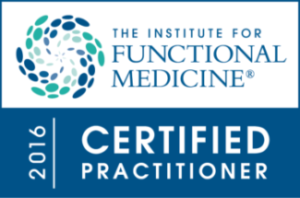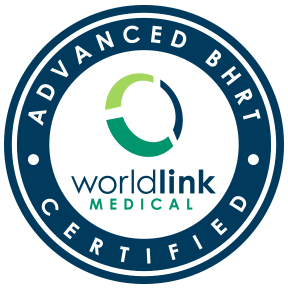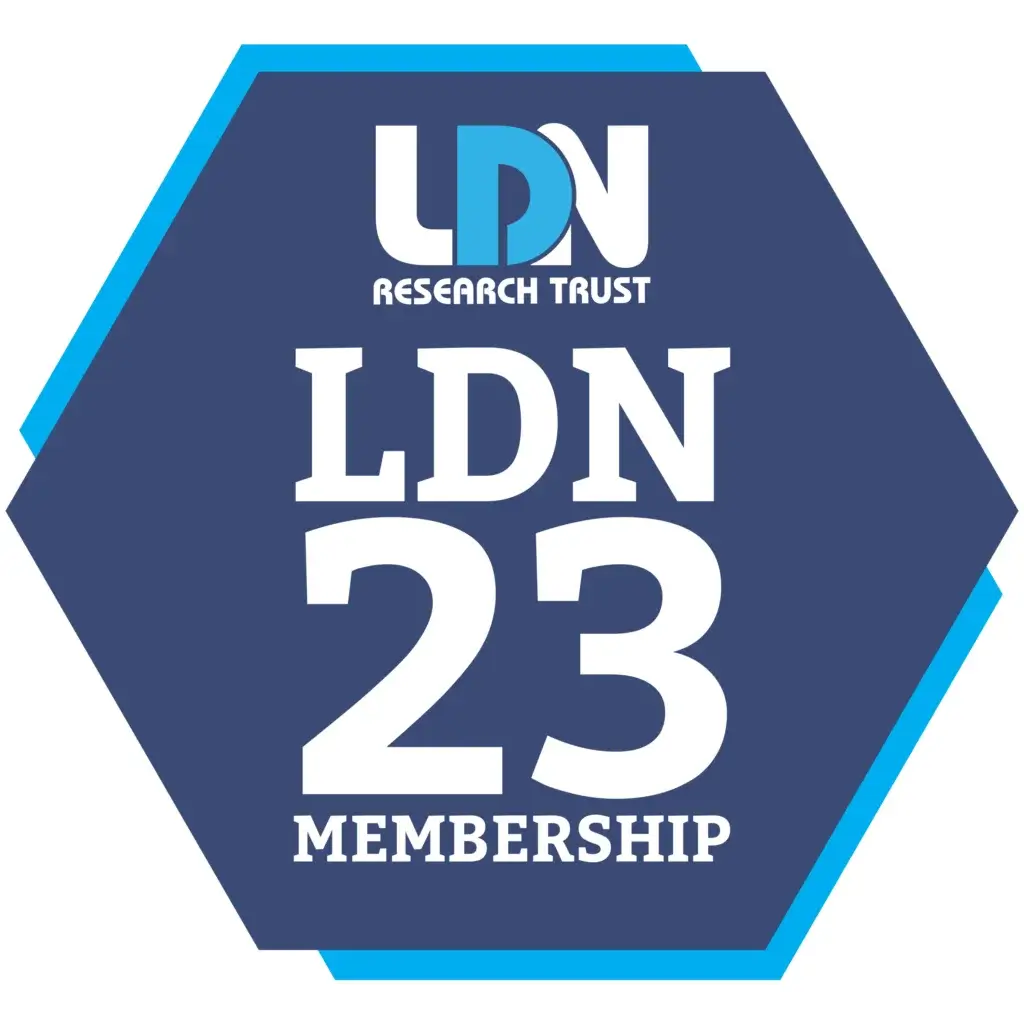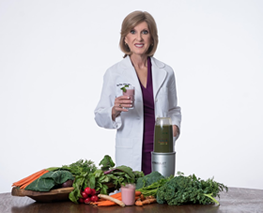THE WHAT
Cholesterol is an important fatty compound that is made in the liver and also found in some foods. Cholesterol is a very important substance because it’s a major constituent of the cell membrane, and it’s necessary for the formation of hormones like testosterone, estrogen, and vitamin D, as well as other important compounds in the body.
![]()
THE BASICS
Althoug cholesterol is essential to the body, too much of the wrong kinds of cholesterol can create health problems. Cholesterol travels through the bloodstream packaged in molecules called lipoproteins. The two primary types of cholesterol are low-density lipoprotein cholesterol (LDL-cholesterol) and high-density lipoprotein cholesterol (HDL-cholesterol).
![]()
THE BAD
Having too much LDL-cholesterol–considered to be the “bad” cholesterol–affects one in three U.S. adults, and it can contribute to plaque build-up in the arteries (atherosclerosis) through such undesirable processes as vascular inflammation, oxidative stress, and immune dysfunction. Plaque build-up can lead to a heart attack or a stroke.
Two types of LDL-cholesterol, in particular – oxidized LDL and small, dense LDL particles – and high numbers of LDL particles (LDL-P), are more likely to cause lesions in the blood vessels and plaque accumulation, and thus are more likely to contribute to coronary heart disease and heart attack.
![]()
THE GOOD
On the other hand, HDL-cholesterol – considered to be the “good” cholesterol – carries the cholesterol back to the liver for its eventual removal from the body, and it further serves other functions that reduce inflammation, oxidative stress, and immune dysfunction.
A person’s total cholesterol level is a measure of all types of cholesterol in his or her bloodstream – good and bad – although that number is not useful in predicting cardiovascular health risk.
Advanced lipid testing, which measures the size and number of LDL and HDL particles, as well as VLDL (very low-density lipoprotein), is now recommended in place of the outdated lipid blood test that only measures total levels of LDL, HDL, and VLDL.
![]()
THE NUMBERS
Rather than focusing on your total cholesterol level, your goal should be to decrease LDL-cholesterol and LDL-P and to increase LDL size, HDL-cholesterol, HDL particle number (HDL-P), HDL size, and HDL function.
The following chart outlines the various LDL-cholesterol and HDL-cholesterol levels. Although these levels are general guidelines, DiabeteSteps Rx might recommend a different optimal LDL-cholesterol level for you, depending on other disease risks you might have. In addition, LDL-P might be a stronger predictor of heart disease than total LDL-cholesterol.
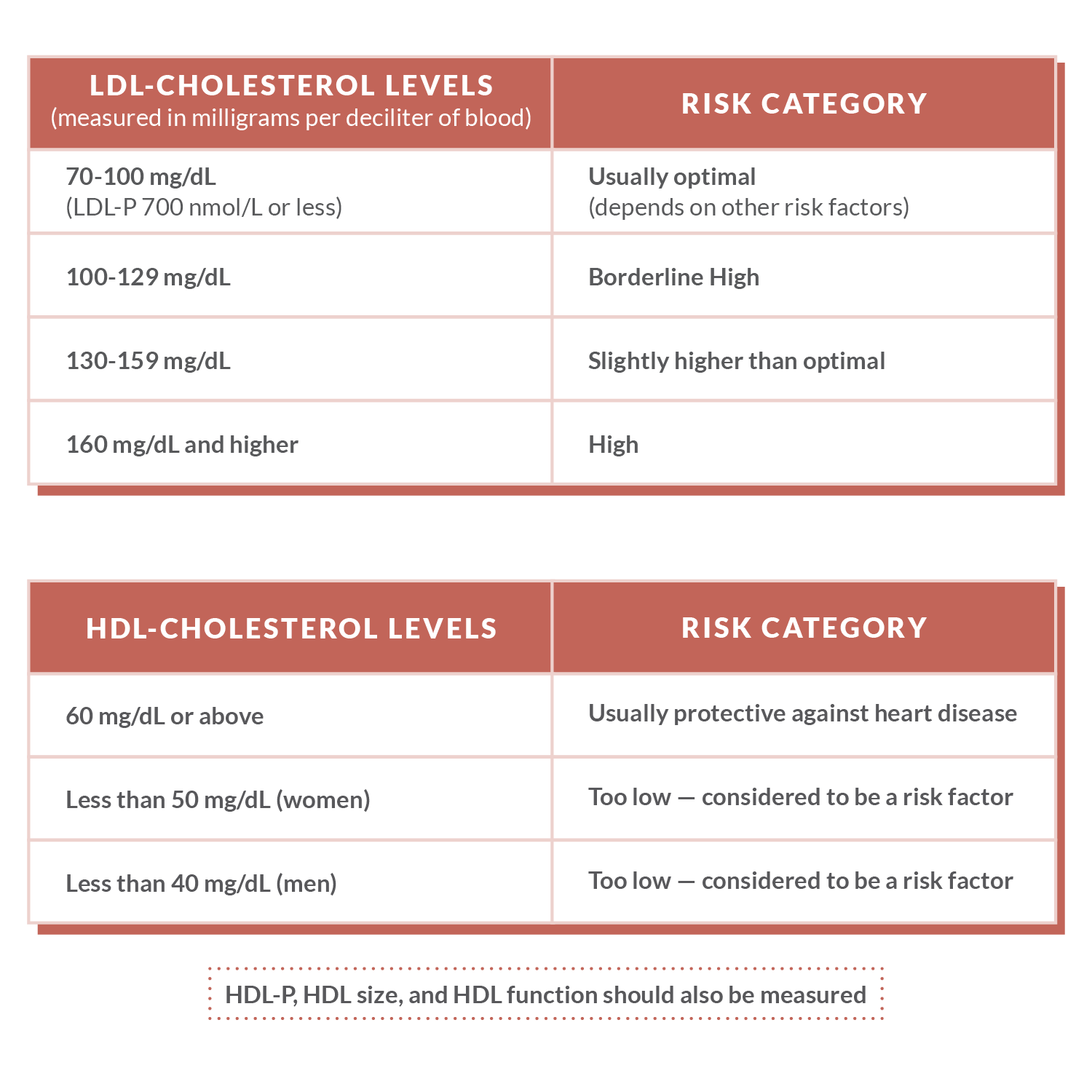
![]()
For More Information, Check out: The Cholesterol Farce: Do You Really Need a Cholesterol-Lowering Medication?





